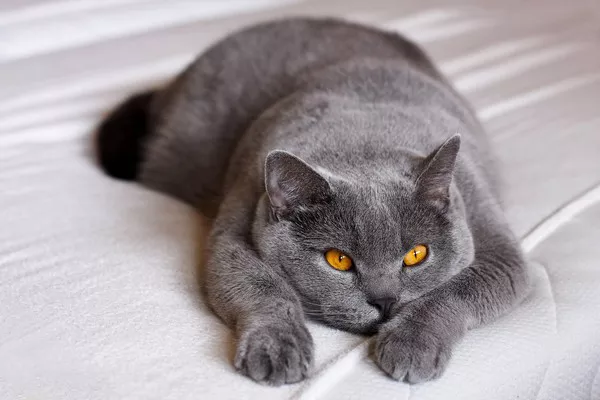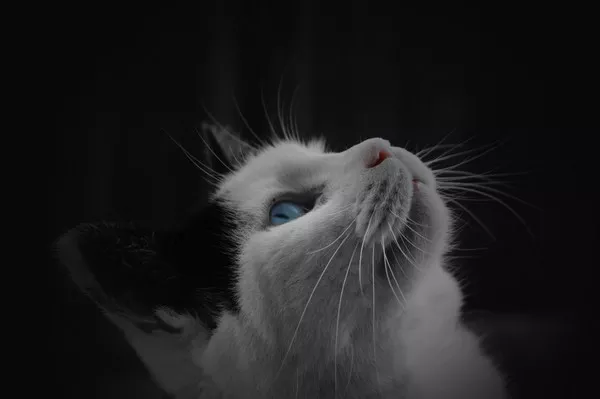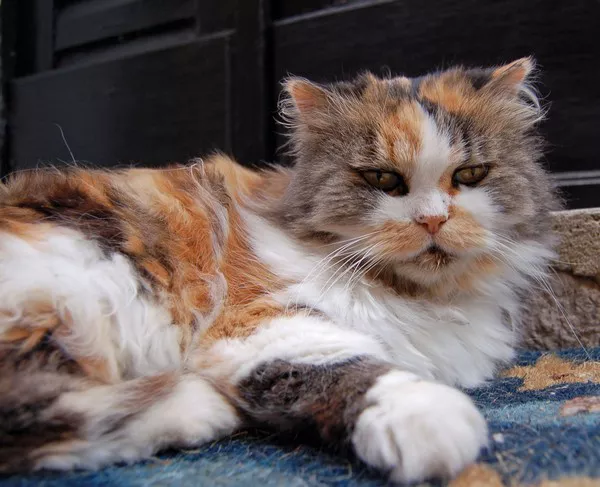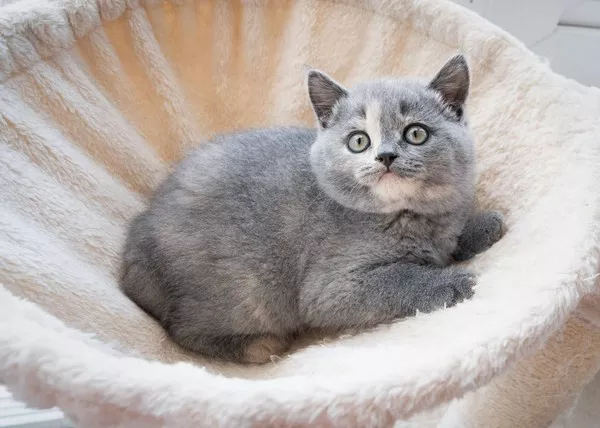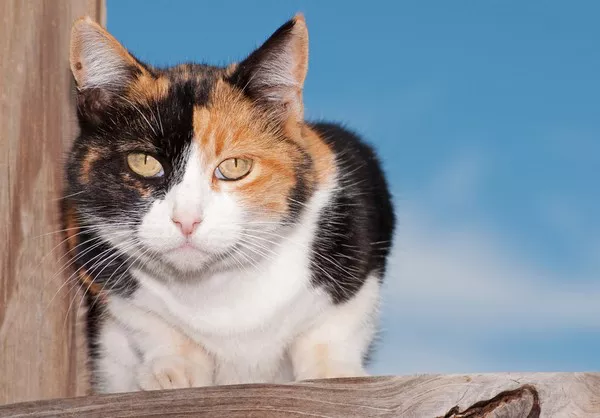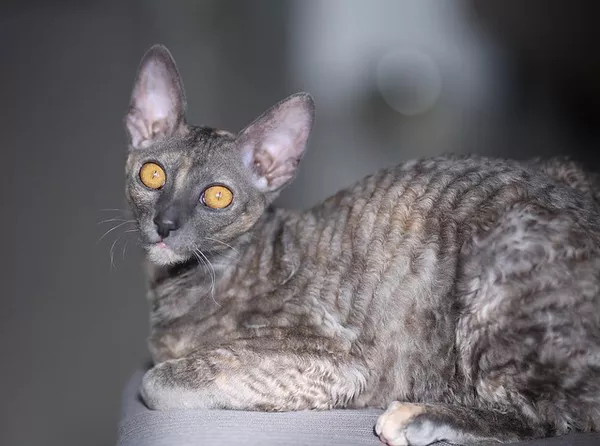British Shorthairs are popular breeds of cats that originated in the United Kingdom. These cats are known for their rounded bodies, short legs, and dense fur coats. They have become a popular choice for pet owners due to their sweet personalities, affectionate nature, and easy-going temperament. However, just like any other breed, British Shorthairs are prone to certain health issues that can affect their quality of life. This article will discuss some of the common health problems associated with British Shorthair cats.
1. Hypertrophic cardiomyopathy
Hypertrophic cardiomyopathy (HCM) is a common heart disease that affects many cat breeds, including British Shorthairs. HCM is characterized by an abnormal thickening of the heart muscle, which can impair the heart’s ability to pump blood effectively. Signs of HCM can include difficulty breathing, lethargy, and loss of appetite. Fortunately, there are tests available to diagnose HCM early, and medications can help manage the condition. Regular veterinary check-ups and echocardiograms can also help monitor the progression of the disease.
2. Polycystic kidney disease
Polycystic kidney disease (PKD) is an inherited disorder that causes cysts to form in the kidneys. These cysts can grow and eventually cause the kidneys to fail. British Shorthairs are one of the breeds most commonly affected by PKD. Signs of PKD can include increased thirst and urination, weight loss, and vomiting. There is no cure for PKD, but early diagnosis and management can help slow down the progression of the disease. DNA testing is available to determine if a cat has the gene for PKD, and ultrasound scans can help diagnose the condition.
3. Feline lower urinary tract disease
Feline lower urinary tract disease (FLUTD) is a common condition that affects cats of all breeds, including British Shorthairs. FLUTD can be caused by a variety of factors, including bladder stones, urinary tract infections, and stress. Signs of FLUTD can include straining to urinate, blood in the urine, and urinating outside the litter box. Treatment for FLUTD can vary depending on the underlying cause, but may include antibiotics, pain medication, and dietary changes.
4. Obesity
Obesity is a common health problem that affects many cats, and British Shorthairs are no exception. These cats have a tendency towards overeating and can quickly become overweight if their diet is not monitored. Obesity can increase the risk of numerous health problems, including diabetes, arthritis, and heart disease. To prevent obesity, it is important to feed your British Shorthair a balanced diet, provide regular exercise, and monitor their weight regularly.
5. Dental problems
British Shorthairs are known for having large, strong jaws, which can make them more prone to dental problems such as gum disease and tooth decay. These issues can cause pain, discomfort, and even lead to the loss of teeth. Regular dental cleanings and check-ups can help prevent dental problems in British Shorthairs, as can feeding a high-quality diet and providing regular dental care at home.
What is the life expectancy of a British Shorthair cat?
The British Shorthair is a popular breed of cat known for its affectionate nature and plush coat. These cats are generally considered to be healthy and robust, with an average lifespan of around 12-17 years.
One common health condition that affects British Shorthairs is hypertrophic cardiomyopathy (HCM), which is a type of heart disease that can lead to heart failure in some cases.
Another potential health issue that can affect British Shorthairs is obesity, which can increase the risk of various other health problems such as diabetes, arthritis, and liver disease.
Overall, the life expectancy of a British Shorthair cat can vary depending on various factors such as genetics, diet, and lifestyle. With proper care and attention, however, these cats can live long and happy lives, bringing joy and companionship to their owners for many years.
Conclusion
While British Shorthairs are generally considered a relatively healthy breed, they are still prone to certain health problems that can affect their quality of life. As with any pet, it is important to provide regular veterinary care, monitor their diet and weight, and keep an eye out for signs of illness. By taking these steps, you can help ensure your British Shorthair lives a long, happy, and healthy life.

